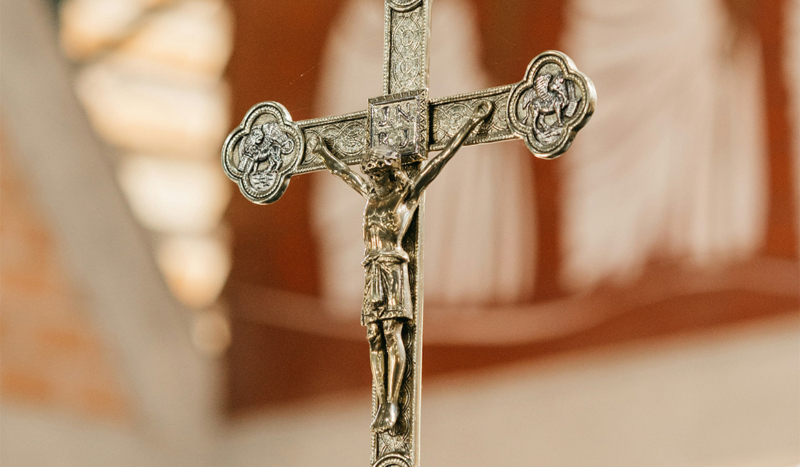
JSB Co. / Unsplash
CV NEWS FEED // The Catholic Church in Minnesota is a significant contributor to the state’s economy, with a new report disclosing that Catholic programs contribute over $5 billion to the economy per year and serve 1.2 million people.
According to a news release from the Archdiocese of Saint Paul and Minneapolis, much of the contributions are through healthcare services, while education, volunteer work, and events make up the remainder of the Church’s economic contributions in the state.
Catholic healthcare organizations contribute an annual $3.2 billion to the state economy, with $1.45 billion from Catholic education programs, nearly $80 million from volunteer service, and over $56 million through events, which include weddings, funerals, and other celebrations.
The report underscores the Church’s commitment to Minnesota’s welfare, as well as the Church’s desire to collaborate with local government “to strengthen the state’s financial and social foundations,” the archdiocese noted.
Executive Director of the Minnesota Catholic Conference Jason Adkins highlighted the tangible effects of the Church’s local economic impact.
“From creating jobs and supporting small businesses to easing the burden on taxpayer-funded programs, the Church delivers real, measurable benefits to Minnesotans in areas where government resources are limited,” he said.
The Church’s efforts to care for those in need also plays a large role in the state’s economy and social welfare. According to the news release, parishes and other Catholic programs feed the hungry, shelter the homeless, and provide direct financial aid to needy communities.
“These initiatives not only transform lives,” Adkins said, “but also reduce the strain on public resources, demonstrating the Catholic Churches’ long-term mission of service.”

